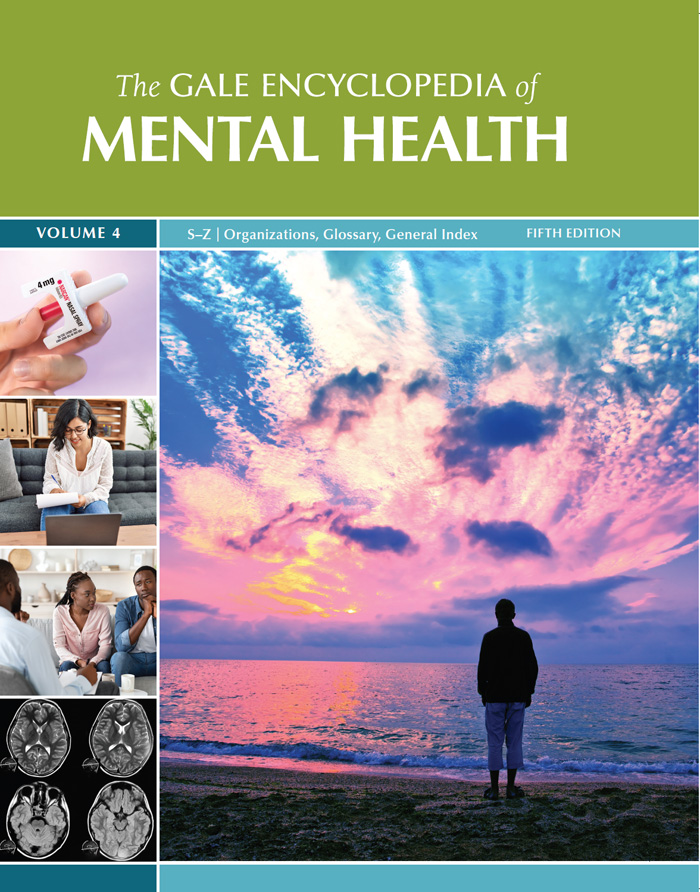| By Gale Staff |
Mental health is one of the most-discussed issues of our time. It is a constant theme in the news media and on social media. It would be difficult to overstate the relevance of mental health and mental illness to discussions of everything from personal well-being to population-level social issues.
The American Psychological Association defines mental health as “a state of mind characterized by emotional well-being, good behavioral adjustment, relative freedom from anxiety and disabling symptoms, and a capacity to establish constructive relationships and cope with the ordinary demands and stresses of life.”1
The American Psychiatric Association defines mental illness as a health condition that involves “changes in emotion, thinking, or behavior (or a combination of these). Mental illnesses can be associated with distress and/or problems functioning in social, work or family activities.”2
Mental illness is common:2
- 19% of U.S. adults experience some form of mental illness.
- 4.1% have a serious mental illness.
- 8.5% have a diagnosable substance-use disorder.
The annual prevalence of mental illness among U.S. adults, by condition:3
- Schizophrenia: < 1%
- Obsessive-compulsive disorder: 1.2%
- Borderline personality disorder: 1.4%
- Bipolar disorder: 2.8%
- Post-traumatic stress disorder: 3.6%
- Major depressive episode: 8.3%
- Anxiety disorders: 19.1%
All the topics mentioned above, plus several hundred more, are included in the latest edition of The Gale Encyclopedia of Mental Health.
Topics new to this edition:
- Cognitive decline
- COVID-19 mental health effects
- Emotional intelligence
- Gaslighting
- Neuroplasticity
- Resilience
- Suicide prevention
Topics with significant updates:
- Acute stress disorder
- Addiction
- Antidepressants
- Autism spectrum disorder
- Body dysmorphic disorder
- Bullying
- Dementia
- Exercise and mental health
- Gender issues in mental health
- Traumatic brain injury
The fifth edition of The Gale Encyclopedia of Mental Health is a timely, comprehensive resource for students and other readers interested in the fields of psychiatry, psychology, and therapy—and in many of the conditions these fields address and treat. All relevant topics include discussion and updates based on the latest edition of the Diagnostic and Statistical Manual of Mental Disorders.
1. “Mental Health,” adapted from the APA Dictionary of Psychology, American Psychological Association, September 2022.
2. “What Is Mental Illness?” American Psychiatric Association, November 2022.
3. “Mental Health by the Numbers,” National Alliance on Mental Illness, updated April 2023.




